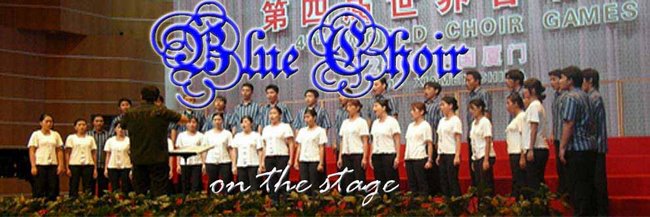HOW TO PRACTISE
By Craig Tompkins
Practising singing is different from practising an instrument. When we practise the violin, piano or trumpet, we leave the instrument when we are finished and don’t return to it until the next session. With the voice, our body is our instrument and it is always with us. Every time we speak, swallow, cough, sneeze, whisper, yell, sigh, hold our breath or clear our throat, we are using parts of our body that are also used for singing. An important way we differ from other musicians is that singers sing words and notes, and those words are often in other languages. To be good singers requires that we understand exactly what we’re singing about. This may mean sitting down with a dictionary and doing a word by word translation of the song text then speaking it until it becomes comfortable before we even learn a single note of music!
As a singer, it’s better to have several shorter practise sessions throughout the day instead of one marathon session as some instrumentalists do. The first practise session of the day is the most important, and is best done as early as possible (ideally before noon, but definitely after breakfast). This warm-up session should include a brief physical warm-up, humming, onset, agility, legato and vowel balancing exercises in the middle and lower range of the voice. Wait until later in the day to sing songs. The length of this session depends on the singer. Sometimes you can get your voice warmed up in just five or ten minutes; other times it still isn’t feeling right after half an hour. If you aren’t singing well after twenty or twenty-five minutes, it’s best to stop and come back to it later. There are many reasons why things may not be working: dehydration, stress, lack of sleep, allergies, food sensitivities, bad moods (your’s or someone else’s!), hormones, medications, a cold, other distractions, etc. etc. Also, as your sensitivity to the way your voice works and your skills increase, you will discover which are the most effective exercises and warm-up routines.
The next session can begin with a very short warm-up and proceed to exercises for range extension, vowel balancing and agility in the upper part of your voice. This session is also a good time to work on songs. Other practise sessions can include using special exercises for problem areas, reviewing previously learned songs, reinforcing new habits and reading music. It’s best to limit each practise session to a maximum of forty-five minutes of actual singing even at an advanced level. Because your voice is produced by two little flaps of skin in your voice box that rub together many, many times per second (over 260 times for middle C), we don’t want to overuse these delicate tissues!
If you are singing in a choir, try to do your personal warm-up before rehearsal starts so that you are ready to sing in a safe and healthy manner. On the days that you have choir practise, feel free to replace one or two of your later practise sessions with a silent session where you learn words, listen to recordings, study the music or do some other non-vocal activity that’s related to the songs you’re singing. As singers we are lucky because we can accomplish a lot with silent practise. When you are singing, make every note count!


Tidak ada komentar:
Posting Komentar